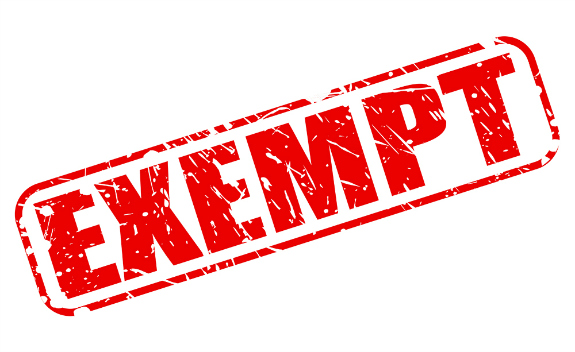Utilizing ITAR Exemption 126.4

Many ITAR Exemptions Exist. The U.S. Government (USG) has evaluated specific export transactions and are confident that these activities can occur without harming U.S. national security or interests. ITAR Exemptions allow U.S. Industry the ability to acquire approval to engage in export activities without the administrative burden and timelines of a traditional export license or agreement. These exemptions are perfect for Contractors supporting U.S. Program Offices related to prior approved FMS, Pseudo-FMS, International Cooperative Treaties, or other Security Cooperation activities. It ultimately benefits U.S. Government Program Offices by allowing Industry vendors to have enhanced speed & agility when supporting contractual requirements.
Certain ITAR Exemptions (i.e. 126.4(b)(2)) require industry to do so with strict adherence to Department of State ITAR regulatory requirements, implementation guidance from the Department of Defense, and Service-specific process from the validating military service (i.e. SAF/IA). Prior to April 2019, ITAR Exemption 126.4(b)(2) did not afford flexibility and Contractors were required to pursue time-intensive and rigid licensing or agreements to support U.S. Government security cooperation activities. This led to numerous contractual delays, program shortfalls and potential non-compliance with ITAR requirements.
The 126.4 exemption states a license is not required for certain transactions made by a U.S. Government department or agency or by persons acting on behalf of a U.S. Government department or agency if the transaction fits within the conditions of the exemption. Paragraph (a) addresses when the exemption is available for transactions undertaken by a U.S. Government department or agency. Paragraph (b) of the exemption addresses when the exemption is available for transactions by Contractors acting on behalf of a department or agency.
Specifically, 126.4(b)(2) exempts export licensing for the export of defense articles, technical data and defense services “To an entity other than the U.S. Government at the written direction of a department or agency of the U.S. Government or pursuant to an international agreement or arrangement, for an activity authorized for that department or agency…” The implementing guidance of the Defense Technology Administration (DTSA) then goes on to say “The “written direction” required under ITAR 126.4(b)(2) must be in writing. A valid “written direction” document must originate from the cognizant DoD authority for the proposed activity.” Cognizant DOD authorities for the proposed activity are the lead export policy offices of each military service. This includes SAF/IA for USAF, NIPO for the US Navy, and DASA DE&C for the US Army.
The best way to obtain this validation is to reach out to the USG program office that owns the contract you are supporting. They will draft an endorsement memo for requesting the validation of 126.4(b)(2) from the cognizant military service export authority. It is important to read the validation carefully to make sure you follow any provisos or stipulations when exporting under its authority.
Comments